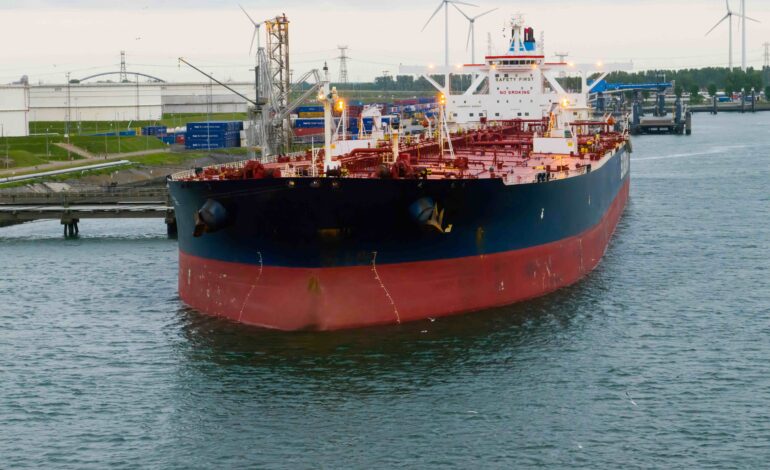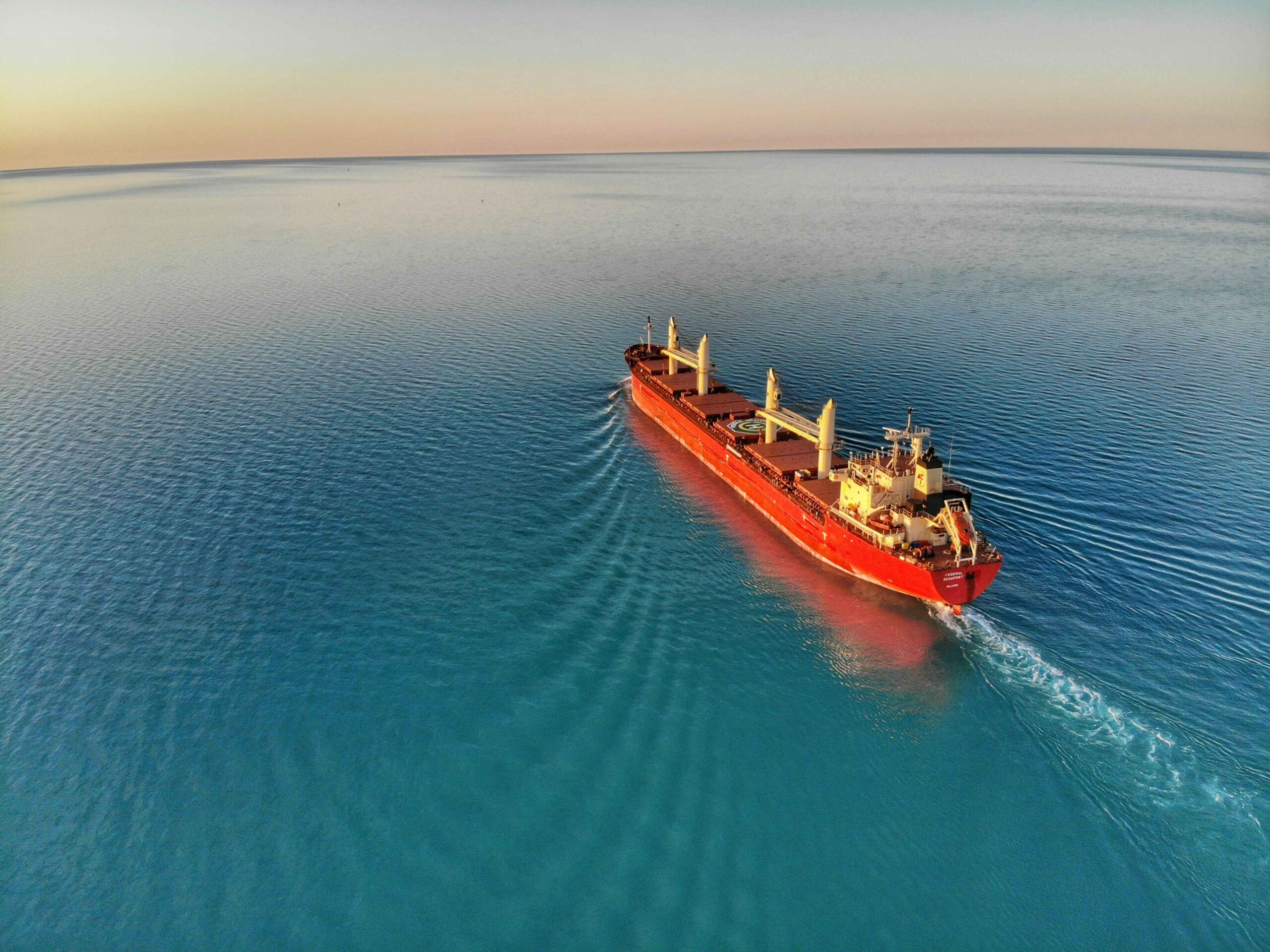
Role of AI and Machine Learning in Bunker Fuel Optimization
Artificial Intelligence (AI) and Machine Learning (ML) are reshaping the maritime industry, particularly in optimizing bunker fuel management. These advanced technologies leverage data-driven insights, predictive capabilities, and operational efficiencies to enhance fuel usage, reduce costs, and promote environmental sustainability. This article explores how AI and ML are transforming bunker fuel optimization and their impact on maritime operations.
Understanding AI and Machine Learning in Maritime Operations
- Overview of AI and Machine Learning:
- Definition: AI involves machines simulating human intelligence, while ML focuses on algorithms learning from data to make predictions or decisions.
- Applications in Bunker Fuel Optimization: In the maritime sector, AI and ML analyze extensive datasets to optimize fuel consumption, predict maintenance needs, and enhance operational efficiency.
- Core Applications in Bunker Fuel Optimization:
- Data Analysis and Pattern Recognition: AI algorithms analyze historical fuel consumption data, vessel performance metrics, weather conditions, and operational variables to identify patterns and optimize fuel usage.
- Predictive Maintenance: ML models predict equipment failures and recommend maintenance schedules based on real-time sensor data and historical maintenance records, minimizing downtime and maintenance costs.
Benefits of AI and Machine Learning in Bunker Fuel Optimization
- Enhanced Fuel Efficiency:
- Optimized Routing and Speed Management: AI evaluates factors such as weather forecasts, sea conditions, and vessel characteristics to recommend the most fuel-efficient routes and optimal speeds.
- Dynamic Trim and Hull Optimization: ML adjusts vessel trim and hull conditions in real-time to reduce drag and optimize fuel consumption.
- Cost Reduction and Operational Efficiency:
- Fuel Cost Savings: AI-driven insights enable operators to procure bunker fuel at optimal prices and manage consumption effectively, minimizing fuel wastage.
- Streamlined Operations: ML algorithms streamline cargo handling, vessel scheduling, and port operations, reducing turnaround times and enhancing overall operational efficiency.
Environmental Sustainability
- Emissions Reduction: AI and ML contribute to lowering greenhouse gas emissions by optimizing fuel consumption and improving engine efficiency.
- Regulatory Compliance: AI-powered systems assist vessels in complying with international emissions standards and environmental regulations governing maritime operations.
Case Studies and Industry Applications
- Implementation by Leading Shipping Companies:
- Fleet-wide Optimization: Major shipping companies deploy AI and ML to monitor and optimize bunker fuel consumption across their fleets, achieving substantial cost savings and environmental benefits.
- Integration into Port Operations:
- Efficiency in Bunker Fuel Management: AI applications streamline bunker fuel delivery, storage, and logistics within port facilities, enhancing efficiency and reducing environmental impact.
Future Outlook and Technological Advancements
- Integration with IoT and Big Data:
- Data Integration: AI systems leverage IoT sensors and big data analytics to gather real-time data from ships and ports, enhancing decision-making and operational efficiency.
- Advancements in Autonomous Navigation: AI advancements pave the way for autonomous shipping, where AI-powered vessels optimize routes and fuel consumption autonomously.
- Continued Innovation and Adoption:
- Collaboration and Development: Stakeholders collaborate to develop AI-driven solutions tailored to maritime challenges, driving innovation and sustainable practices.
- Supportive Policies: Governments and international bodies promote AI adoption in maritime operations through policies and incentives aimed at reducing emissions and promoting green technologies.
Conclusion
AI and Machine Learning are reshaping bunker fuel optimization in the maritime industry, offering unprecedented capabilities in data analysis, predictive maintenance, and operational efficiency. By harnessing these technologies, shipping companies can achieve significant fuel savings, reduce environmental impact, and enhance competitiveness. As AI continues to evolve and integrate into maritime operations, its role in fostering sustainable shipping practices and operational excellence will only expand.





